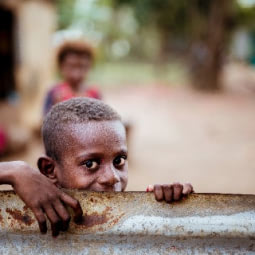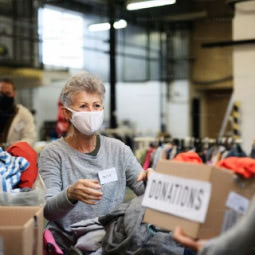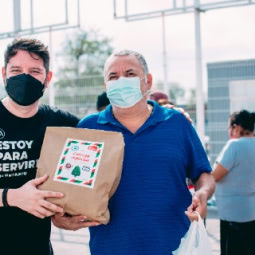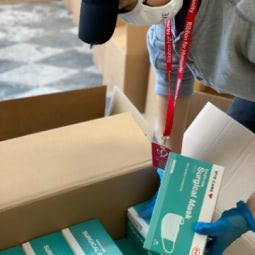Programs
Programs
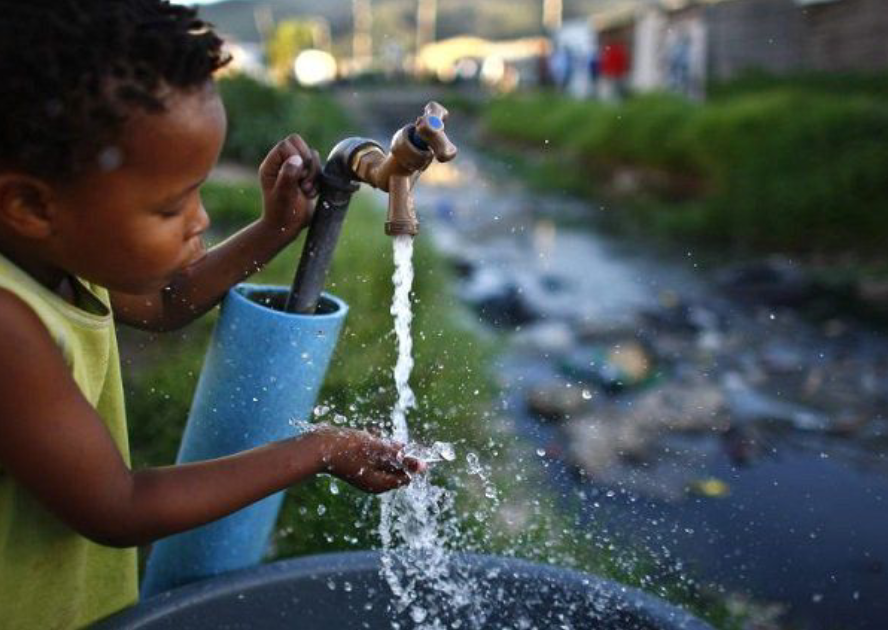
Potable Water
Every day in rural communities and other poor urban centers throughout Cameroon, hundreds of thousands of people suffer from a lack of access to clean and safe drinking water. This is despite the country having abundant water resources, such as rivers and groundwater. This water crisis is driven by factors including poor infrastructure, climate change and rapid urbanization. As a result, many communities lack proper water treatment and distribution networks, leading to shortages and poor water quality. This also creates widespread impacts, leading to poor public health due to waterborne diseases such as outbreaks of cholera, typhoid, diarrhea, dysentery and polio, particularly among children. These widespread occurrences have been a persistent problem in Cameroon for years, leading to many deaths. Sadly, the rural water crisis, marked by inadequate and unsafe water sources, disproportionately burdens women and girls. Their role as primary water collectors reduces their time for education and income generation, perpetuating cycles of poverty and inequality. As a solution, we are partnering with donors, local NGOs and the government to help initiate large-scale projects to improve water supply in rural area. This includes drilling boreholes and constructing wells to access reliable ground water sources, providing water treatment options to purify water from potential contaminants, repairing and restoring damaged water point, promoting hygiene education, and supporting emergency responses to disease outbreaks Moreover, our approach embraces a community-based management that empowers local communities to manage and maintain their own water systems foster greater sustainability and resilience.
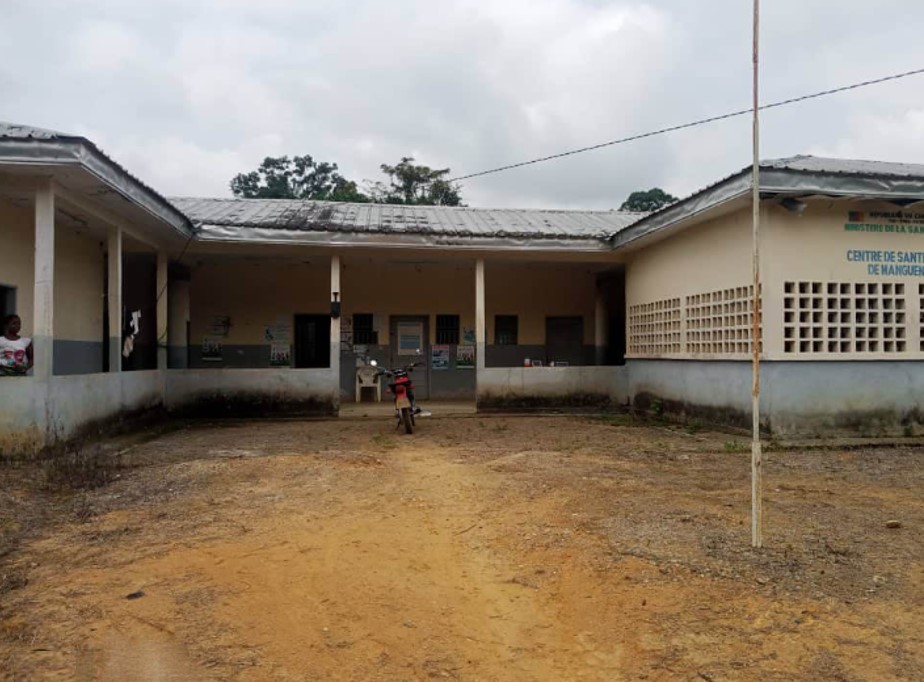
Assistance to Health Centers And Emergency Relief.
Assistance to rural health centers in Cameroon requires multiple strategies to address systemic issues such as staff shortages, inadequate infrastructure, and a lack of funding. One of the major challenges in the Cameroonian health system is the inequity in access to, and use of, health services between urban and rural areas and across administrative regions. Almost every category of health indicator is worse for those who live in remote areas and regions. Our strategy is geared toward strengthening the healthcare workforce, improving access to resources, integrating community-based care, and adopting innovative health solutions. Our approach focuses on partnership with local government, NGOs, the Bassa Mpo'o Bati Medical Association (AMBM), and community leaders to provide rapid-response medical assistance when public health and medical emergencies overwhelm local, and tribal resources. This includes providing necessary equipment and supplies to rural health centers, food/nutrition, safe drinking water and sanitation. We also assist in infrastructure restoration by helping rebuild water systems and schools which are key in building resilience against future disasters.
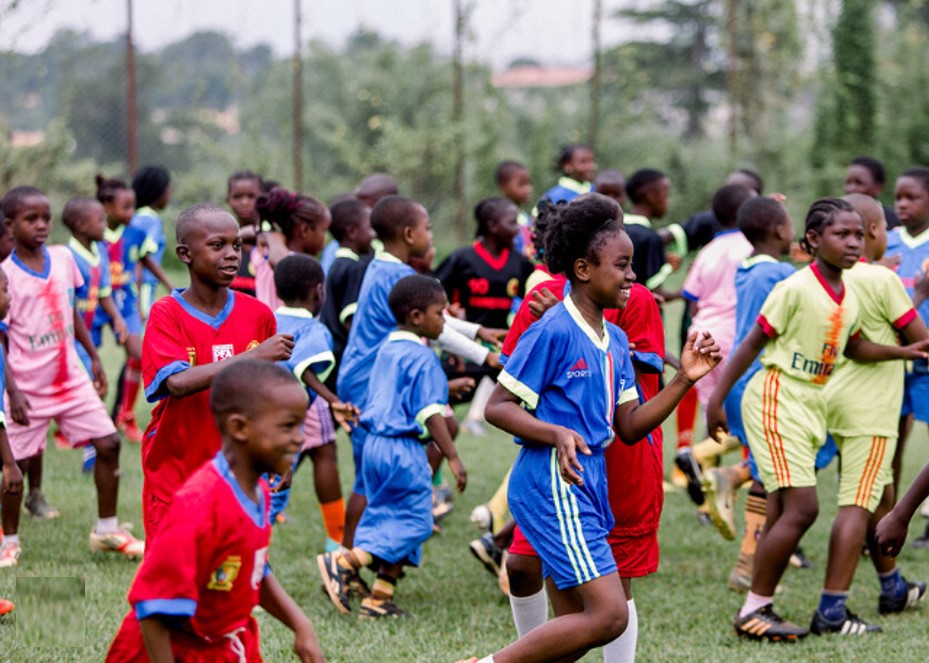
Youth Empowerment Through Sport and Education (STEM)
This is a community-based initiative that targets children and young people as a platform to raise awareness on key issues impacting their lives, particularly girls' access to sports and the imbalance between male and female youth opportunities. A special emphasis is placed on encouraging young people to turn away from the scourges that afflict society, such as crime and drugs, and use Education and Sports so that they can become productive and progressing citizens. Our holistic approach integrates programs that combine sports training with life skills development and foster youth leadership. Key steps include establishing local sports clubs, providing access to quality coaching, incorporating digital resources, forming cross-sector partnerships with local authorities, and involving the community through awareness campaigns and mentorship to ensure sustainable and impactful initiatives. Also, our gender-inclusive programs promote equal opportunities for girls in sports, addressing and dispelling any misconceptions about their participation. It is paramount to note that our youth empowerment program connects sports programs with local schools to encourage regular school attendance and provide academic support, ensuring youth focus on both their education and sports development.
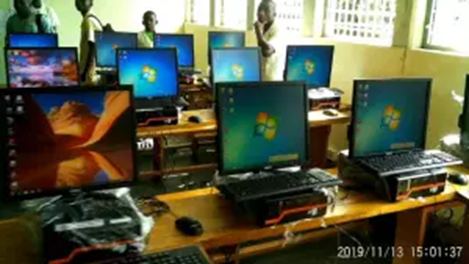
IT Infrastructure and Scholarships
Our most exciting vision in this area is to continue to bring modern education to each and every child by providing computers, networking equipment and internet connectivity to help narrow the dramatic and growing gap in computer knowledge, access and literacy (full literacy, STEM), and to enable digital learning. We also provide rural students with scholarships, financial assistance to schools to fund initiatives aimed at improving student academic achievement. Investing in need-based and merit scholarships is a crucial component of this effort. By providing financial support to talented students, we can help level the playing field and unlock the potential of a generation of African leaders
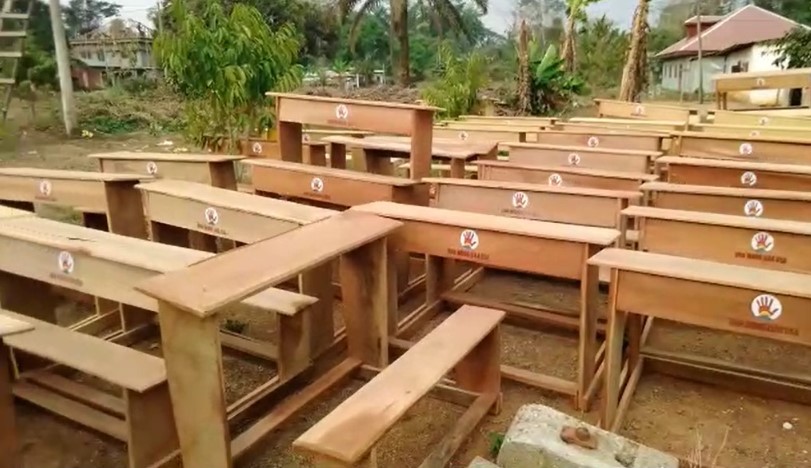
School Desks and Chairs
The focus is on securing funding for building renovations, providing school desks and chairs to save students the ordeal of sitting on the floor or broken furniture, ensuring access to basic necessities like sanitation within the schools, including construction of toilets with urinals, water closets and wash basins. By donating to the School Desks program, you are not just providing physical items but you are also offering a foundation for children to dream, learn, and succeed. This is more than charity—it's a community-driven movement towards hope and empowerment for every student.
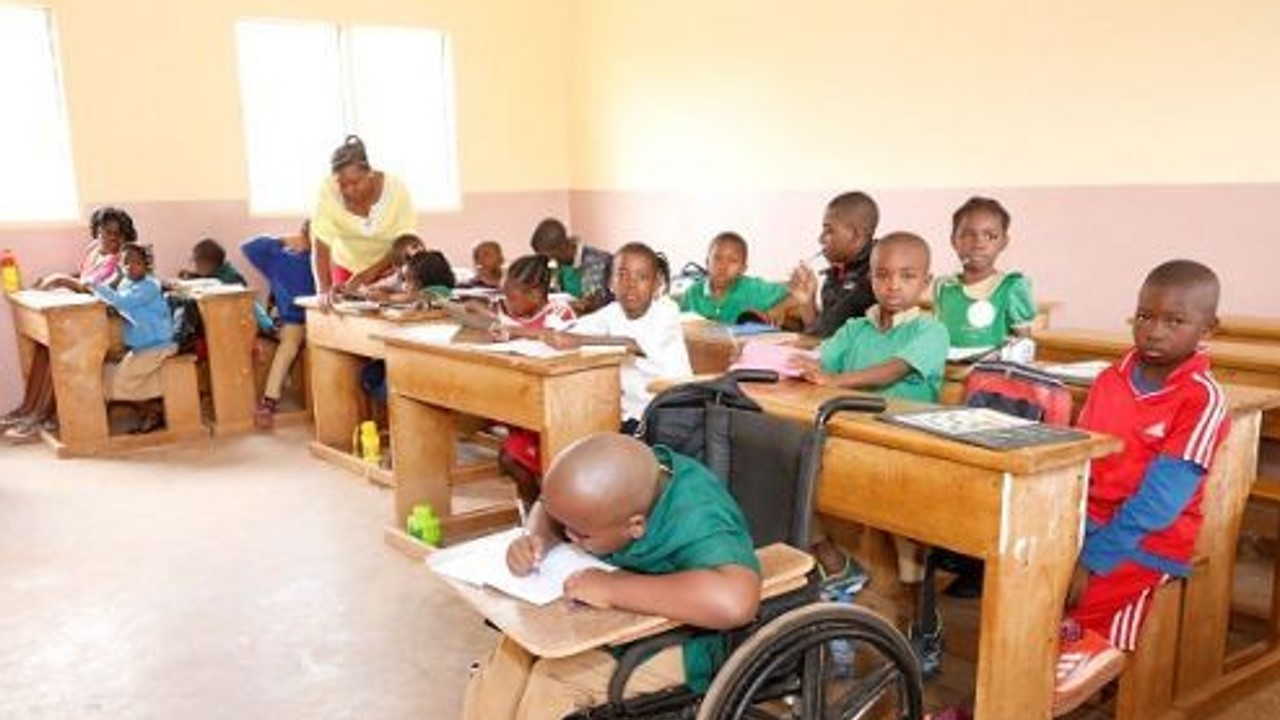
Supporting Children With Disabilities
Inadequate infrastructure and resources, gender inequalities, poor quality of education, vocational training mismatches, and limited funding are some of the key challenges faced by adolescent girls and young women with disabilities within the Cameroon's education system. According to MEDBOX, only 5% of children living with disabilities in Cameroon go to school and less than 2% complete the secondary education cycle. Women & girls with disabilities are less likely to access educational opportunities & economic resources compared to their peers without disabilities. Our work focuses on partnering with local organizations and community leaders to implement programs and services for children and youth with disabilities, advocating for the integration of children with disabilities into regular classrooms, and providing necessary support and resources.
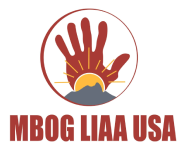

Address: 14035 Seneca Ridge Dr
Hagerstown MD 21740
Support: +1 240.217.1226
Events: +1 240.217.1226
Email: info@mbogliaausa.org
COPYRIGHT © 2024 MBOG LIAA USA ALL RIGHTS RESERVED
